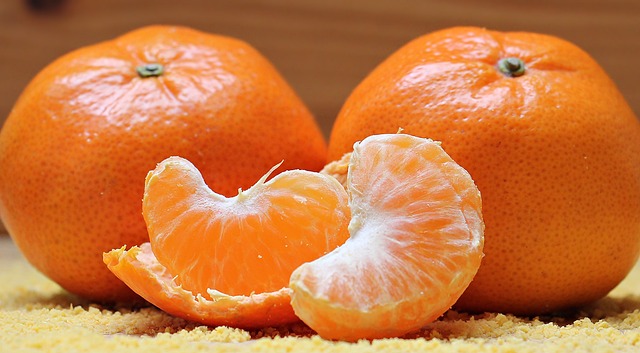Unleashing the Power of Probiotics: The Ultimate Guide to Gut Health
Probiotics have gained significant popularity in recent years, with more and more people recognizing their potential benefits for gut health. But what exactly are probiotics, and how can they improve our overall well-being? In this ultimate guide, we will explore the power of probiotics and their impact on our digestive system.
Understanding Probiotics
Probiotics are live microorganisms that, when consumed in adequate amounts, provide health benefits. These beneficial bacteria can be found naturally in our bodies, particularly in our digestive tract. However, factors like an unhealthy diet, stress, or the use of antibiotics can disturb the balance of these microorganisms, leading to digestive issues and other health problems.
The primary function of probiotics is to restore and maintain a healthy balance of bacteria in the gut. They do this by inhibiting the growth of harmful bacteria and promoting the growth of beneficial ones. By doing so, probiotics can alleviate various digestive disorders, boost immune function, and even improve mental health.
The Benefits of Probiotics
Probiotics offer a wide range of benefits for gut health, making them an essential addition to our daily routine. Here are some of the most notable benefits:
Improved Digestion
One of the key benefits of probiotics is their ability to enhance digestion. By breaking down food more effectively and increasing nutrient absorption, they can alleviate common digestive issues such as bloating, gas, and constipation. Probiotics, such as lactobacillus and bifidobacterium, have also been shown to reduce symptoms of irritable bowel syndrome (IBS) and inflammatory bowel disease (IBD).
Enhanced Immune Function
The gut is closely connected to our immune system, and probiotics play a crucial role in supporting immune function. These beneficial bacteria stimulate the production of antibodies, strengthen the intestinal barrier, and compete with harmful pathogens for resources in our gut. By bolstering our immune defenses, probiotics can help prevent infections and promote overall well-being.
Reduced Risk of Infections
Probiotics can provide a natural defense against harmful bacteria, reducing the risk of various infections. For instance, lactobacillus acidophilus has been found to inhibit the growth of pathogens like E. coli and Salmonella, which are known to cause foodborne illnesses. By populating our gut with beneficial bacteria, probiotics create an unfavorable environment for these harmful microorganisms.
Improved Mental Health
Emerging research has also suggested a link between our gut health and mental well-being. The gut-brain axis, a bidirectional communication system between our gut and brain, is influenced by probiotics. Studies have found that certain strains of probiotics can reduce symptoms of anxiety, depression, and stress, promoting improved mental health.
Choosing the Right Probiotic
Not all probiotics are created equal, and choosing the right one is crucial for reaping their maximum benefits. Here are some factors to consider when selecting a probiotic supplement:
Strain Specificity
Different strains of probiotics offer different health benefits. It’s important to choose a probiotic formula that targets your specific health goal. For instance, lactobacillus acidophilus is known for its benefits in gut health, while Bifidobacterium longum has been found to support immunity.
Number of CFUs
CFU stands for colony-forming units, which indicate the number of viable bacteria in a probiotic supplement. Look for a product with a higher CFU count to ensure that you are getting an adequate amount of beneficial bacteria.
Survivability and Shelf Life
Since probiotics are live microorganisms, their survivability is crucial. Look for supplements with enteric coatings or time-release capsules to ensure that the beneficial bacteria reach your gut alive. Additionally, check the shelf life of the product to ensure its potency.
Incorporating Probiotics into Your Routine
There are various ways to incorporate probiotics into your daily routine:
Include Probiotic-Rich Foods
Natural sources of probiotics include yogurt, kefir, sauerkraut, kimchi, and other fermented foods. Try to include these in your diet regularly to introduce more beneficial bacteria into your gut.







